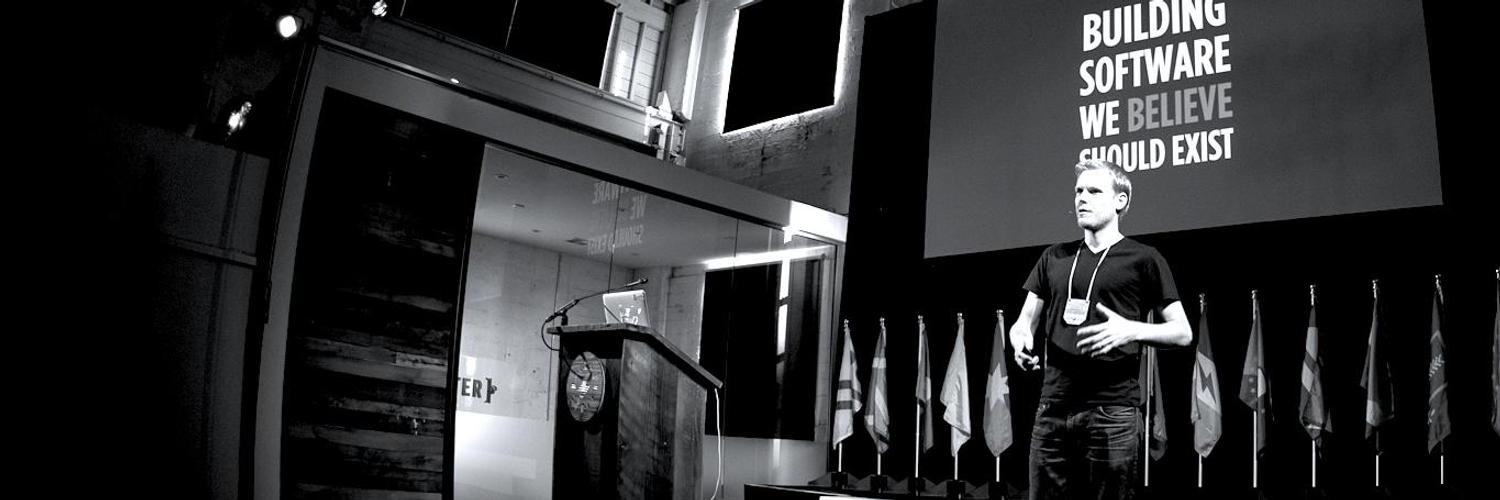Naming a Business, tips from NameLab
In the old days a business name wasn’t considered so important. No overpaid creative geniuses were brought in to create a thrilling name like “General Motors.”
But, I assure you that since then, GM has paid big money to consulting firms to create names for their brands and vehicles.
A Chicago-based consulting company called NameLab does nothing but come up with product and company names (http://namelab.com). A few of their more well known creations include: Olive Garden, Acura, CompUSA, LUXOR (LV casino), AutoZone.
So, what do they have to say about what makes a good name? They use all types of fancy language to describe their naming strategy. After sorting through it and adding a few thoughts of my own here are my “take-home” points:
Names derive much of their meaning from experiences with similar products or services. For example, if is started a website called schmoogle, you would doubtlessly begin forming associations with the search giant. Therefore, you’ll want to ensure that similar sounding names/brands carry positive connotations. You’ll also want to be careful with associating too closely with another brand, if they ruin their reputation, it could drag your brand down with it. I wouldn’t recommend naming an accounting firm anything that starts with “EN” or ends in “RON”.
Unlike advertising that describes attributes or adjectives of the product, the product name is much more definitive. The name is the “subject” of the sentence. It doesn’t just tell us what the product does, it tells us what it is. Therefore, don’t pick a name that “describes” your product or company. Instead, let your name be something that can stand on it’s own merit. Be inventive, create a brand new word.
Function matters. NameLab analyzes a name for its “speech stream visibility”, which is the probability that a word will be recognized in a normal spoken stream of English speech. Think “iPod” or “Google” or “Yahoo!” These names all contain distinctive sounds that make them POP in a normal conversation. The same is true for “Notational Visibility”, which is the probability that a word will stand out from a typed text, such as a newspaper column. Again, think about the naming convention Apple has used in putting a small letter “i” in front of all their product names. They don’t follow conventional capitalization rules. There’s a reason it’s written as iPod instead of Ipod. “iPod” is far more unusual, hence it’s more noticeable and memorable.
